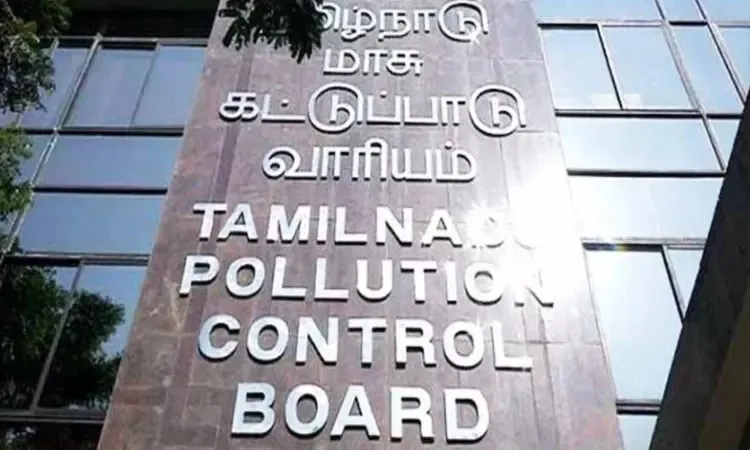Have the rules on stone crusher operations in Tamil Nadu changed?

Synopsis
Key Takeaways
- New guidelines for stone crushers have been introduced by TNPCB.
- Strict distance regulations of 500 metres from sensitive ecological areas are now in place.
- Expansion of existing units is contingent on maintaining permissible air quality.
- New infrastructure requirements aim to reduce dust pollution.
- Non-compliance could lead to serious penalties.
Chennai, May 13 (NationPress) The Tamil Nadu Pollution Control Board (TNPCB) has released a new set of guidelines regulating the establishment and expansion of stone crusher operations statewide. These updated regulations impose tougher restrictions designed to protect environmentally sensitive regions and mitigate pollution.
As per the revised rules, the TNPCB will deny consent for new stone crusher units or expansions at sites located within 500 metres of reserve forests or designated eco-sensitive areas.
This represents a notable tightening of earlier standards, which primarily barred crushers from being established close to highways, heavily populated zones, educational institutions, and places of worship.
The new guidelines also set forth more stringent environmental performance criteria for existing units.
Expansion will only be authorized if the ambient air quality remains within acceptable limits in all directions within a 500-metre radius from the unit's boundary.
This initiative seeks to guarantee that any increase in industrial activities does not degrade air quality in nearby areas.
To minimize the environmental footprint from transportation-related emissions, the TNPCB is advocating for crushers to be positioned near quarries. This will significantly reduce the necessary vehicular movement for raw material transport, thus lowering dust and carbon emissions.
Additionally, to combat dust pollution, the new regulations require the installation of wind-breaking walls and concrete roads within the crusher premises.
These infrastructure stipulations aim to prevent dust re-entrainment into the atmosphere, a frequent issue around such facilities. Units that breach the revised directives could incur severe penalties.
The TNPCB has cautioned that non-compliance may lead to the withdrawal of operating consent, the imposition of environmental compensation, and other punitive measures. These updated regulations follow a mandate from the southern bench of the National Green Tribunal (NGT), which directed the TNPCB to revisit siting criteria for stone crushers.
A multi-departmental committee, involving representatives from the Central Pollution Control Board, Forest and Health Departments, TNPCB, and the National Environmental Engineering Research Institute (NEERI), was formed to draft the new framework. This action is viewed as a vital step in harmonizing industrial growth with ecological conservation in Tamil Nadu.









